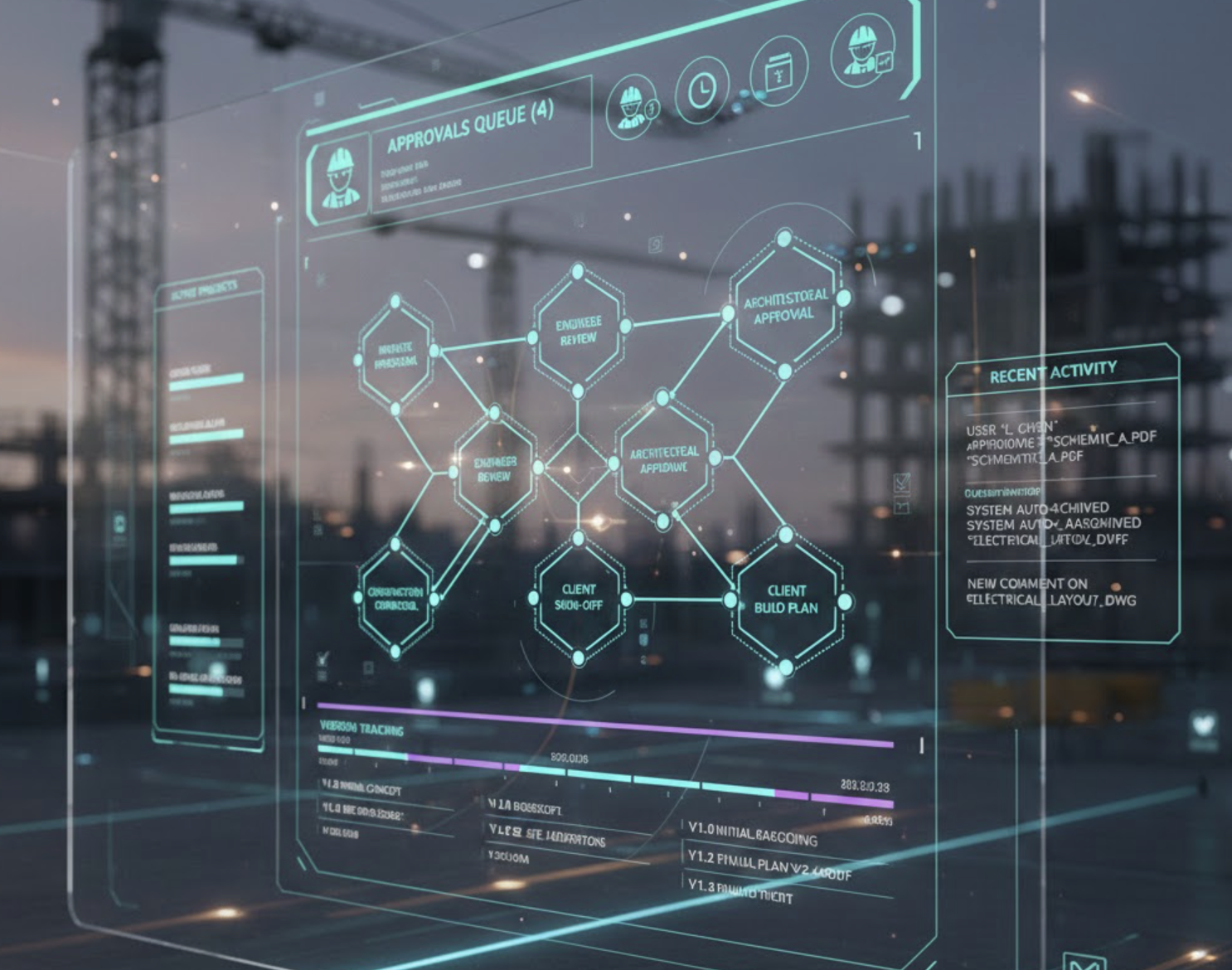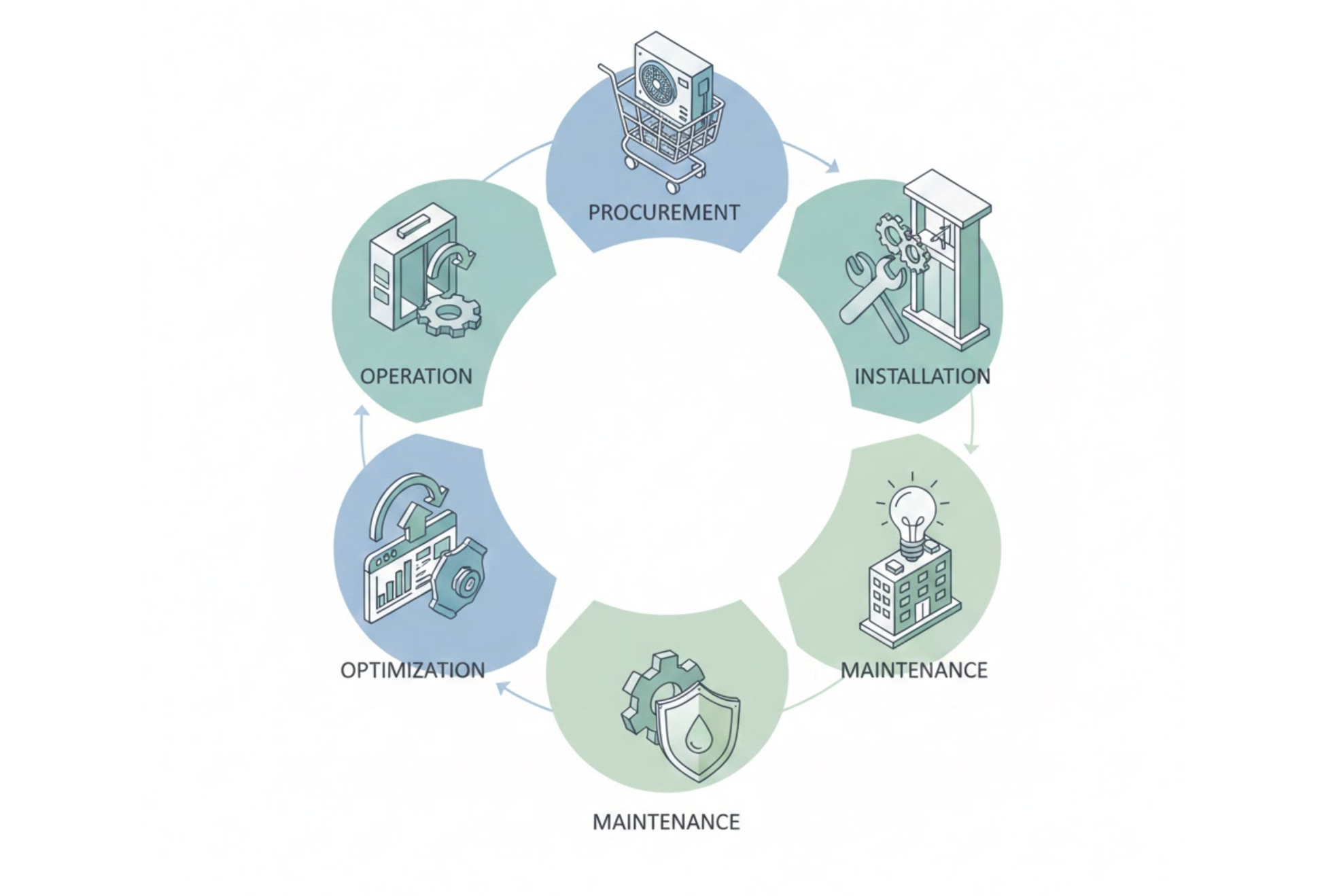Compliance with Authority Rules: Building a Digital Tracker
Compliance with authority rules is paramount in the construction industry to ensure the legality, integrity, and successful delivery of projects. Regulatory frameworks such as GDPR, CCPA, and HIPAA impose stringent rules that, if not adhered to, can result in severe penalties and damage to an organization’s reputation. Understanding how to navigate these regulations is essential, and utilizing construction project management software can aid in this endeavor.
Importance of Regulatory Alignment
The construction landscape is ever-evolving, with regulations often changing to adapt to new risks and technological advancements.
- Risk Mitigation: Adapting swiftly to changing regulations helps organizations mitigate risks and recover from potential oversights.
- Legal Adherence: Compliance is not just a best practice but a critical element that ensures projects are conducted within legal boundaries.
Key Components of a Digital Tracker
A well-structured digital tracker is essential for effective compliance management. Incorporating features within an AI-driven construction management platform, like Zepth, enhances this process.
Automated Compliance Alerts
Digital trackers can automate alerts for impending regulatory changes or deadlines, eliminating the chances of missing critical compliance requirements. Such proactive approaches significantly reduce the risks associated with negligence and ensure continuous legal adherence, particularly when using AI-powered project management tools.
Centralized Reporting
Managing and submitting all compliance reports from a centralized platform helps mitigate the risk of missed deadlines and inaccuracies. This standardized method enhances compliance reliability and facilitates collaboration between project teams, ensuring all compliance documentation is accurate and readily available. The utilization of construction document management systems contributes to this efficiency.
Audit Preparation
Digital trackers simplify audit preparation by organizing required documents, establishing a clear audit trail, and streamlining the audit process. This organization reduces the time spent in audit preparation and ensures accuracy and transparency, essential factors in maintaining project integrity.
Additional Considerations for Digital Tracking
Implementing digital tracking mechanisms extends beyond just compliance management; it also involves understanding necessary regulations around data collection and user privacy.
Privacy Laws and Data Collection
Under laws like CCPA and CPRA, digital tracking must comply with specific requirements such as providing an easily-accessible mechanism for users to opt out of data collection or sharing that constitutes a “sale” or enables targeted advertising. Publishers are responsible for notifying downstream partners of opt-out requests and ensuring these requests are honored. Regular updates to construction financial management tools that handle sensitive data must incorporate these stipulations.
Sensitive Personal Information
Many jurisdictions require an express opt-in for the collection and processing of sensitive personal information. Businesses are obligated to conduct data protection impact assessments to ensure that no data is collected unless consented by the user, particularly for attributes such as race, ethnic origin, sex life, or religious beliefs.
Best Practices
In the quest for streamlined compliance, employing best practices can significantly enhance the efficacy of digital trackers.
- Use of Compliance Management Tools: Implementing tools like those offered by Zepth can help construction companies automate compliance checks, centralize reporting, and prepare for audits efficiently.
- Regular Updates and Training: Ensuring that all personnel remain updated on the latest regulatory changes and are trained on the use of digital trackers is crucial for maintaining compliance.
- Data Protection Impact Assessments: Conducting these assessments regularly ensures that all data collection and processing activities comply with relevant privacy laws.
How Zepth Can Help
Zepth offers innovative solutions tailored for compliance management in the construction sector, integrating advanced features for seamless workflow facilitation.
- Compliance Automation: Zepth’s digital tracker can automate compliance alerts and checks, ensuring that construction companies stay ahead of regulatory requirements.
- Centralized Compliance Management: Zepth’s platform allows for centralized reporting and management of compliance documentation, enhancing reliability and collaboration among project teams.
- Audit Preparation: Tools within Zepth streamline audit preparation by organizing documents and establishing clear audit trails, reducing the time and effort required for audits.
By leveraging Zepth’s solutions, construction companies can ensure robust compliance with authority rules, mitigate risks, and maintain the integrity and legality of their projects. For more information on how Zepth can support your compliance needs, visit Compliance with Authority Rules: Building a Digital Tracker.




